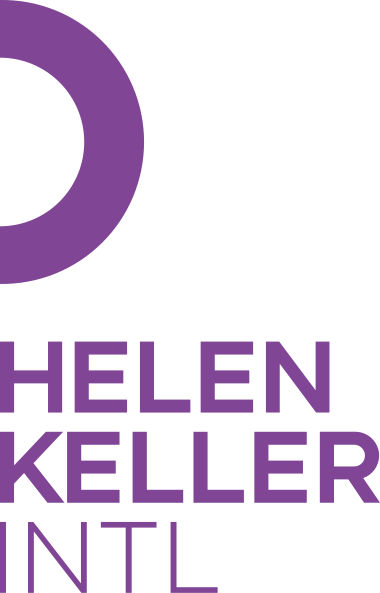Situation Analysis of Improved Access to AT using the ATA-C and STARS T Tools

The World Health Organization estimates that 2.5 billion people need assistive devices like wheelchairs and hearing aids, a number expected to rise to 3.5 billion by 2050. These technologies are essential for the inclusion and independence of older adults, people with disabilities, and those with non-communicable diseases. Yet, access is limited, especially in low- and middle-income countries, with only 10% of those in need having access. In developing countries, persons with disabilities often face extreme poverty, lower education, and fewer economic opportunities, with women and girls experiencing additional hardships.
In Bangladesh, the ratification of the Convention on the Rights of Persons with Disabilities shows a commitment to equal rights for the person with disabilities. However, the country lacks comprehensive strategies for assistive technologies (AT), particularly in hearing, speech, and cognitive disabilities. This gap hinders the development of support systems and interventions necessary for person with disabilities.
To address these challenges, Bangladesh needs a full situational analysis to develop a national strategic plan for assistive technologies (AT), focusing on increasing funding and enhancing support systems. This plan is crucial for ensuring equitable access to assistive technologies (AT) and improving the quality of life for person with disabilities.
Objective of this Situation Analysis are
- To guide the development of a coherent plan increase access to assistive technologies (AT) and rehabilitation services.
- To develop a national strategic plan, to be endorsed by both the Ministry of Health (MoH) and Ministry of Social Welfare (MoSW), and a national list of priority assistive products.
- To strengthen financing for assistive technologies (AT) through the development of a costed investment case to advocate for an increase in domestic funding.
With these objectives Helen Keller International now focuses on generating baseline data, building political support, and integrating assistive technologies (AT) into national programs.
Under these circumstances, Dr. Md Mokhlesur Rahman, heads the vibrant team responsible for conducting the Situation Analysis of the Improved Access to assistive technologies (AT) Project, employing the ATA-C and STARS tools in this endeavor.

